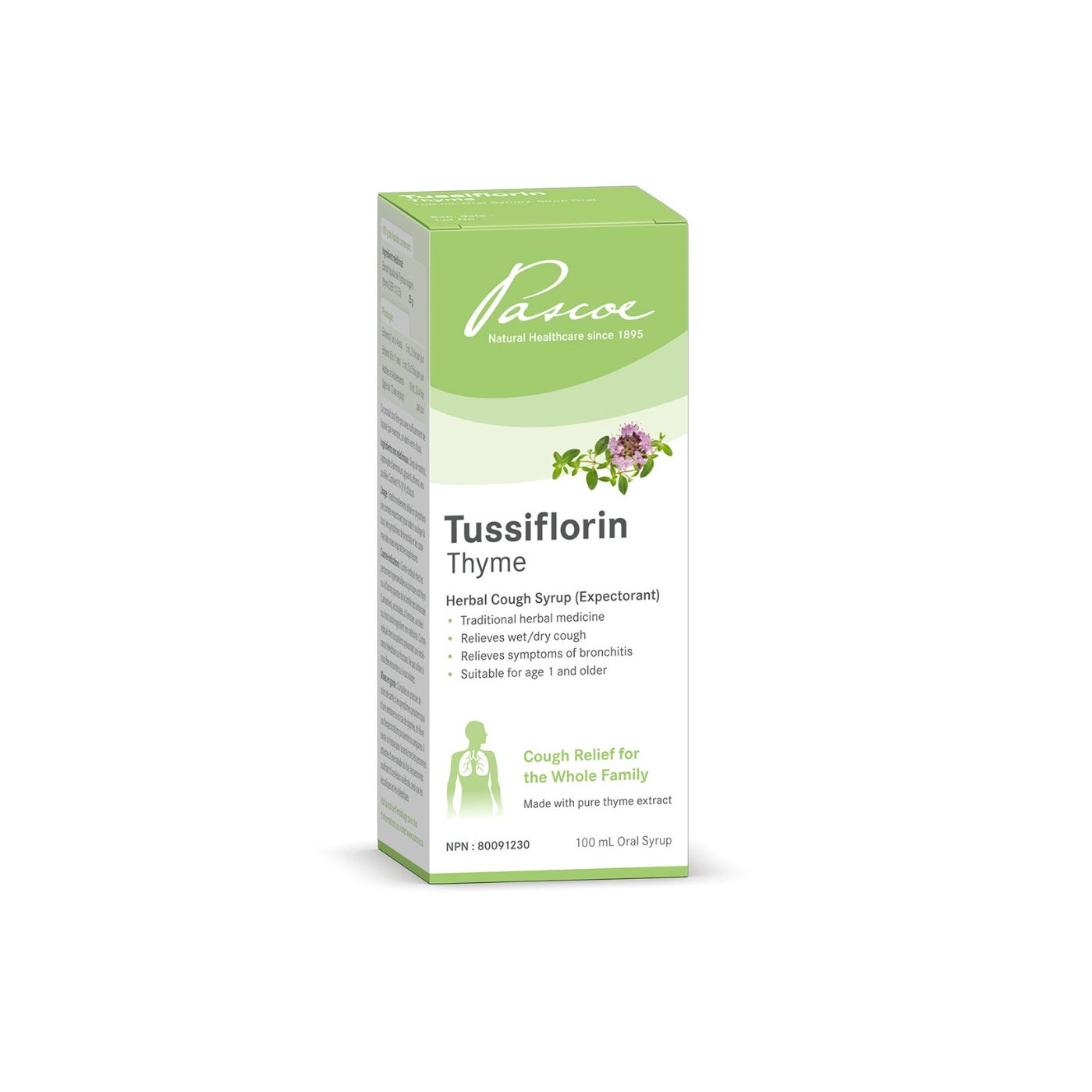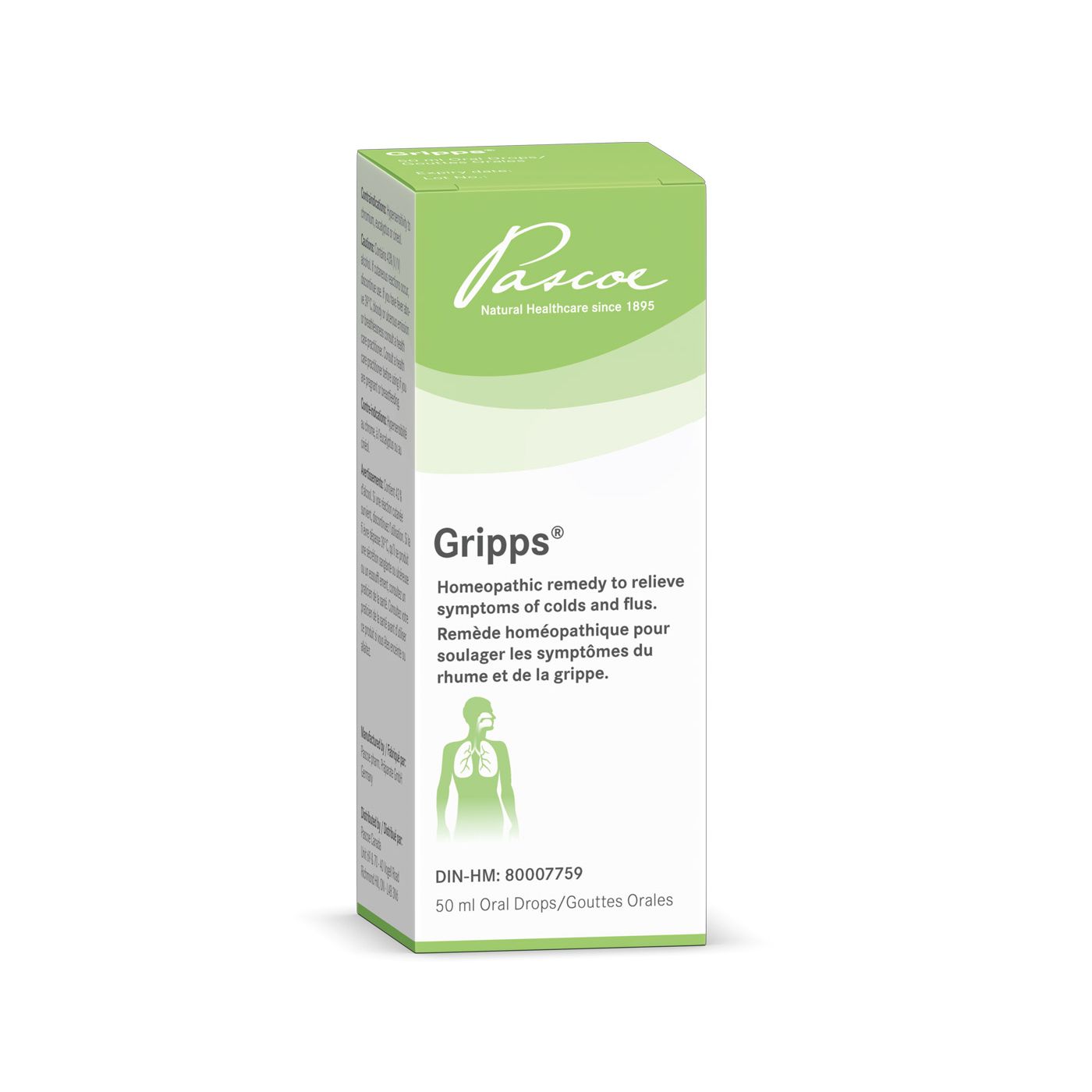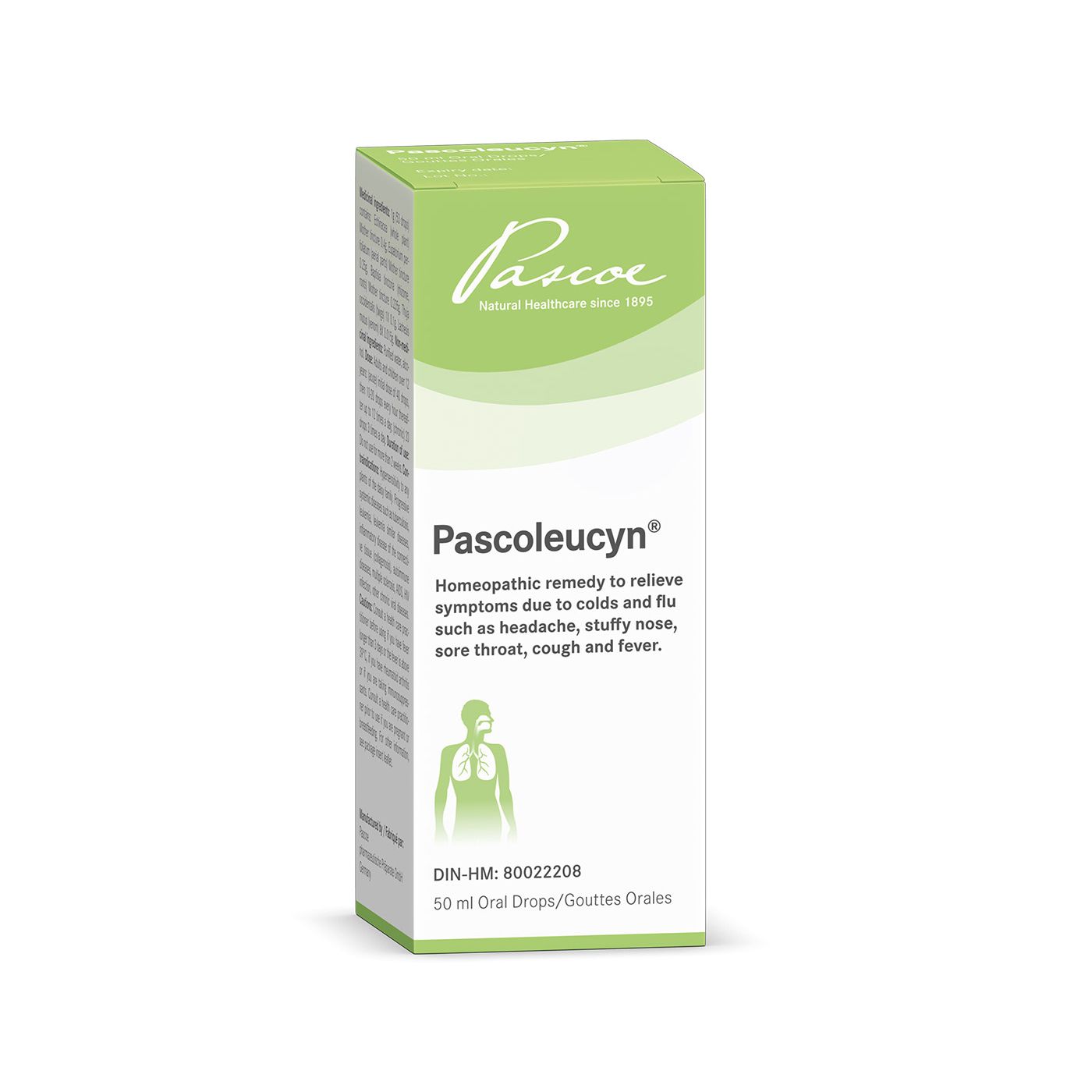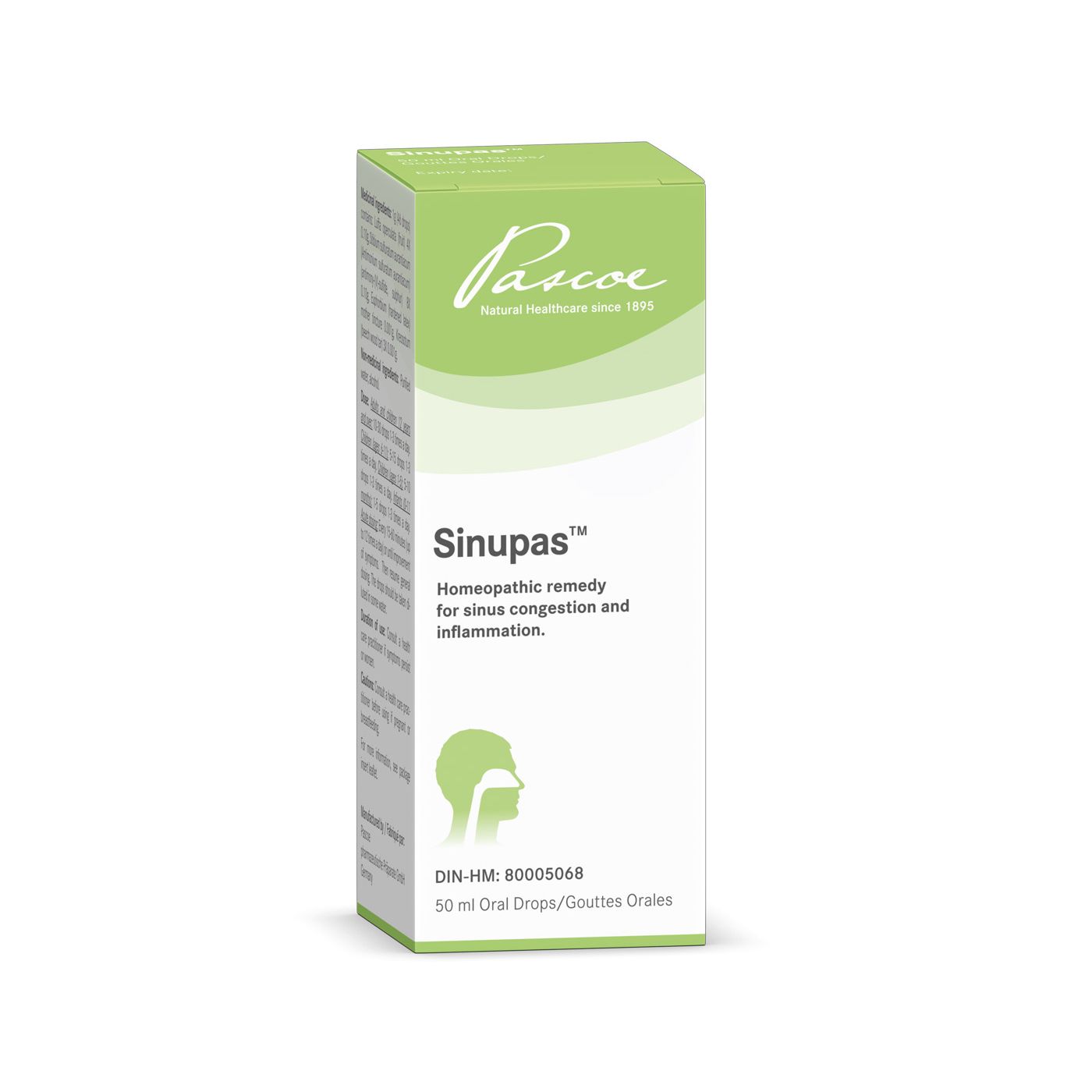

Cough
We are all familiar with this situation: some food or drink goes down the “wrong pipe” and we start coughing. But it also plays an important part in our body’s defence against diseases.
By rushing out the air from the air passages, it helps the body to get rid of mucus, germs, and foreign particles in our respiratory system. This is essential to protect our lungs from inflammation and infection.
However, it is also one of the most common symptoms of many different conditions. It is an indication that there is some kind of irritation in our throats and lungs.
Irritation can be from many different reasons including dryness, inflammation, smoking, an infection, postnasal drip, allergies (such as dust mites), and much more.
There are many diverse conditions that can result in coughing:
- Irritation in the lungs/throat
- Allergies incl. food allergies
- Smoking
- Respiratory infection
- Common cold
- Postnasal drip
- Sore throat
- General chest congestion
- Viral infections or bacterial infections
- Whooping cough
- Viral croup cough
- Upper respiratory tract infection (URTI)
- Pneumonia
- (acute or chronic) Bronchitis
- Dryness in the lungs and throat
- Side effect of some blood pressure medication
- Asthma
- Lung cancer
- Bronchiectasis
- COPD
- Congestive heart failure
- High blood pressure
- GERD (gastro-oesophageal reflux disease or acid reflux)
Thus it is not a diagnosis but a symptom of something bigger going on in the body. It is always important to identify the underlying cause.
Then, the necessary systems including the respiratory system, the circulatory system, the digestive system and the immune system can be supported.
It is a normal process of the body, trying to bring itself back into balance because something isn’t right. The easiest way to get rid of a cough is to uncover the root of why it is happening.
There are some suppressants that can help calm it. However, they do not fix the root cause. This means that often it will return just as it was when the suppressants are stopped.
It is always important to get the condition evaluated, especially if there is no improvement after 2 or more months.
You should also see a doctor in case of an associated whooping sound, shortness of breath (trouble breathing), chest pain when coughing, coughing blood, fever etc. These can be signs of more severe conditions such as asthma, high blood pressure or a heart attack.
Seeking the help of a medical professional will help to figure out the cause and treat it appropriately. In case of a bacterial infection, often associated with coughing up yellow phlegm, your doctor might need to prescribe antibiotics.
| Type | Description |
| Persistent Coughs | This began as acute but continues to linger after treatment. |
| Productive or Wet Coughs | Where the person coughs up phlegm, mucus, or sputum. |
| Non-productive or Dry Cough | here nothing is being expelled. |
| Chronic | This persists for 2 months or even longer. It is often associated with more severe dysfunction or underlying imbalance. |
| Acute | This starts suddenly and is associated with a specific trigger/condition. |
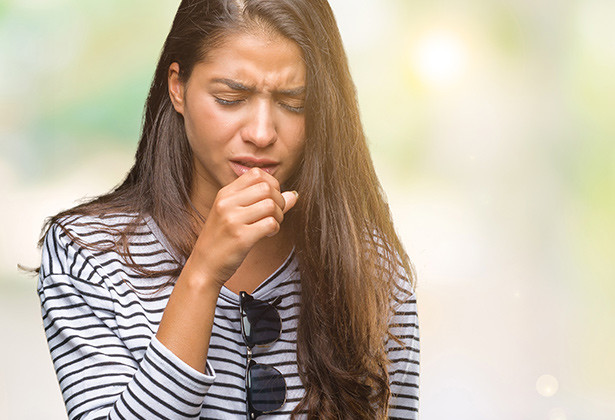

There are many different natural and home remedies that can help:
Thyme - is an herb that has been used for many years as a natural cough remedy. It is a relaxing expectorant that helps to thin out and expel mucus. It also is antimicrobial which makes it an excellent remedy for almost any type of acute or chronic cough. Thyme can be taken in the form of capsules, tea, or cough syrup.
Tea - made with hot water and raw honey can help relieve a sore throat and cough. Raw honey is also a potent antimicrobial. It helps to kill germs while also soothing the throat.
Humidifier - placing a humidifier in a room can add moisture to the air. This is in particular helpful in an irritated or chronic dry cough. It is an easy home remedy that helps soothe the respiratory tract.
Chicken soup and different bone broths - this nostalgic natural remedy can help to soothe a sore throat. It also strengthens the immune system.
Gargle with salt water - take warm water and dissolve salt in it. Salt is a known antimicrobial. It can help kill germs and loosen mucus.
Antivirals - various remedies with antiviral properties such as raw honey, saltwater, and different herbs can be used.
Immune-boosting supplements such as vitamin C - help to support infections from bacteria and viruses. They decrease their duration and mount the body's defences.
Avoid triggers - learning about triggers and avoiding them can help relieve coughing spells and prevent flare-ups in conditions such as asthma and allergies. This can include smoking or exposure to second-hand smoke in non-smokers.
If you regularly suffer from coughing after eating, acid reflux or GERD might be the cause. Paying attention to what you eat or drink can help you to avoid foods that can worsen this condition.
How to stop a dry cough?
One of the main ways to get rid of dry cough is by moistening and soothing the dry tissue. Also, any potential irritants should be removed. This applies to allergy cough in particular.
A humidifier can be used to help moisten the air in a room, soothing the respiratory tissue.
Certain herbs can form a protective film over irritated mucous membranes. These soothing herbs include Mullein, Coltsfoot, and Licorice.
How to stop a phlegm cough?
The body tries to remove the phlegm that is irritating the respiratory tract. There are many possible reasons why it is building up in the first place. To reduce the phlegm for good, the cause of the build-up must be treated. This could include allergies, acute bronchitis etc.
There are different herbs and natural substances that help the body break up the phlegm or mucous and then expel it. These include thyme, N-acetyl cysteine (NAC), Mullein, Coltsfoot, Cacao, Wild Black Cherry, Licorice, and more.
How to stop coughing at night?
Antitussive and suppressant herbs can bring temporary relief for the night. These herbs include mullein, coltsfoot and many more.
Diffusing eucalyptus essential oil into a room can also help to decrease the symptoms at night. It can soothe the throat, provide antimicrobial benefits, and calm the reflex. However, eucalyptus should never be taken internally.

